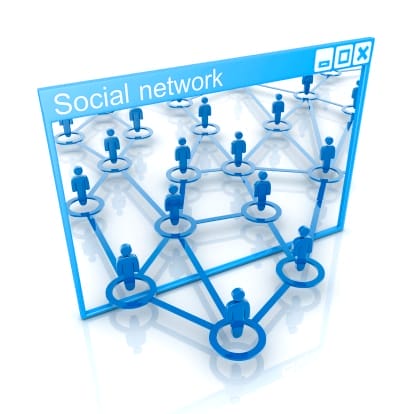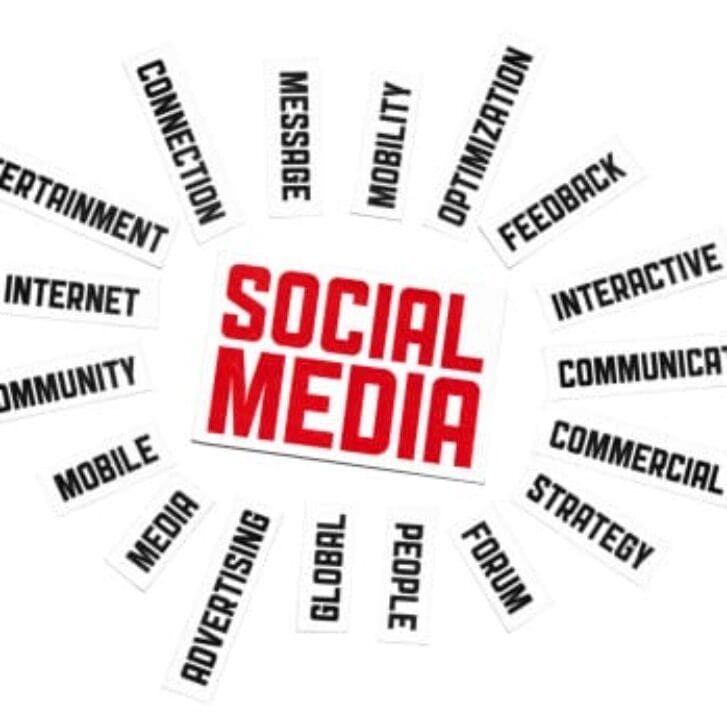JibJab was founded in the digital dark ages—1999.
Way back then, email was the only game in town when it came to leveraging social relationships to distribute content online. It remained that way until 2008, when Facebook—in what will likely go down in business history as one of the most brilliant strategic moves of our time—introduced Facebook Connect.
Facebook Connect opened up a subset of Facebook’s user data in a way that enabled third-party publishers to integrate that data into their product experiences. For example, when a user “connects” his Facebook account to JibJab, we can show him all of his friends, their profile pics and offer a one-click access to share content.
By presenting users a list of their friends, as opposed to forcing them to remember and type in an email address, we significantly reduce friction to sharing content. Not only has it removed friction, but it has also created a new, socially acceptable broadcast communication channel for individuals. Remember back in the day when people would email jokes to their entire address book? Facebook publishing achieves the same distribution effect, hitting all of your friends with a message. But because it imposes no social obligation on the part of the recipient, you’re not a social pariah if you do it.
The combination of reduced friction and individual broadcasting has been rocket fuel for JibJab’s viral distribution. We used to get two to three email recipients for every piece of content shared by a user. With Facebook Connect, we saw anywhere from 12 to 20 clicks back to JibJab.com for each post into the stream.
What did that mean for our business?
It took us eight years to reach 1.5 million registered users in the era of email-based viral channels. By contrast, it took us only five months to achieve that same milestone using Facebook Connect.
Facebook Connect does come with some risks, as is the case anytime you build products dependent on someone else’s platform. When Facebook is slow, so are you. When they change their APIs (application programming interface)—which they do often—you will have to divert engineering resources to maintenance of products. For JibJab, though, there is no doubt that the rewards of our Facebook Connect integration have far outweighed these costs.
With the perspective of over 10 years in business, it is easy for us to see how Facebook’s social graph (and their packaging of it, via Connect) has forever changed the online content distribution game.
Email, the primary discovery and distribution channel back in the old days, was (and is) a social network. But it is decentralized and non-persistent.
Facebook is centralized, persistent and, with Connect, becoming ubiquitous. Your friends will be there with you anywhere and everywhere there is a screen—and therein lies distribution gold. If you are in the digital content distribution business and you are not deeply integrating Facebook into your product experience, you should probably be fired.


























